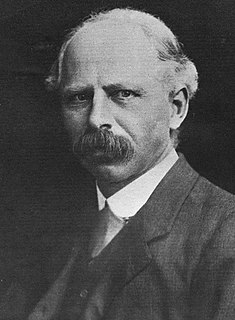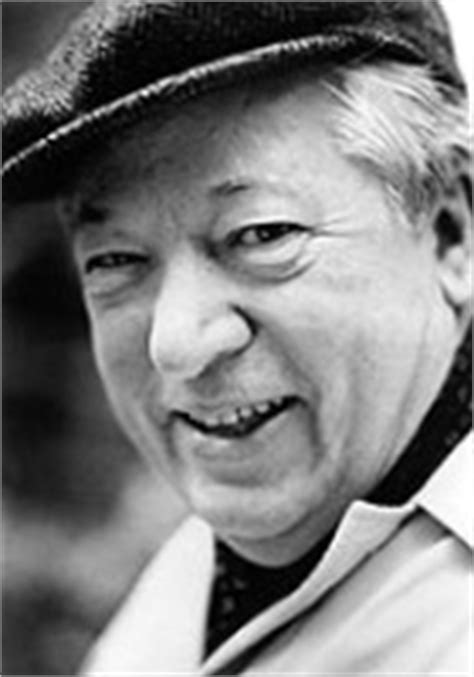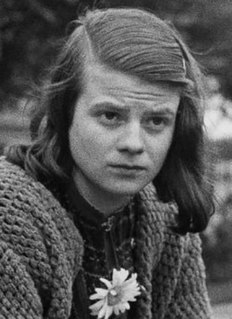A Quote by W. H. Auden
The poet who writes "free" verse is like Robinson Crusoe on his desert island: he must do all his cooking, laundry and darning for himself. In a few exceptional cases, this manly independence produces something original and impressive, but more often the result is squalor - dirty sheets on the unmade bed and empty bottles on the unswept floor.
Related Quotes
It seems to me a purely lyric poet gives himself, right down to his sex, to his mood, utterly and abandonedly, whirls himself roundtill he spontaneously combusts into verse. He has nothing that goes on, no passion, only a few intense moods, separate like odd stars, and when each has burned away, he must die.
The importance of the romantic element does not rest upon conjecture. Pleasing testimonies abound. Hannah More traced her earliest impressions of virtue to works of fiction; and Adam Clarke gives a list of tales that won his boyish admiration. Books of entertainment led him to believe in a spiritual world; and he felt sure of having been a coward, but for romances. He declared that he had learned more of his duty to God, his neighbor and himself from Robinson Crusoe than from all the books, except the Bible, that were known to his youth.
Most people, it seems, think that Robinson Crusoe when he landed on his Island had nothing to keep him from starvation or anything else. As a matter of fact he had twelve raft loads of supplies that he took off the wrecked ship. He had as much food and furniture as if he had had a delicatessen store and Fifth Avenue outside his hut.
The organizer of industry who thinks he has 'made' himself and his business has found a whole social system ready to his hand in skilled workers, machinery, a market, peace and order - a vast apparatus and a pervasive atmosphere, the joint creation of millions of men and scores of generations. Take away the whole social factor, and we have not Robinson Crusoe with his salvage from the wreck and his acquired knowledge, but the native savage living on roots, berries and vermin.
Loneliness is necessary for pure poetry. When someone intrudes into the poet's life (and any sudden personal contact, whether in the bed or in the heart, is an intrusion) the poet loses his or her balance for a moment, slips into being what he or she is, uses his or her poetry as one would use money or sympathy. The person who writes the poetry emerges, tentatively, like a hermit crab from a conch shell. The poet, for that instant, ceases to be a dead person.
His heart is a desert island.... The whole scope, the whole energy of his mind surround and protect him; his depths isolate him and guard him against the truth. He flatters himself that he is entirely alone there.... Patience, dear lady. Perhaps, one day, he will discover some footprint on the sand.... What holy and happy terror, what salutary fright, once he recognizes in that pure sign of grace that his island is mysteriously inhabited!
It often occurs that pride and selfishness are muddled with strength and independence. They are neither equal nor similar; in fact, they are polar opposites. A coward may be so cowardly that he masks his weakness with some false personification of power. He is afraid to love and to be loved because love tends to strip bare all emotional barricades. Without love, strength and independence are prone to losing every bit of their worth; they become nothing more than a fearful, intimidated, empty tent lost somewhere in the desert of self.
The poet is born with the capacity of arranging words in such a way that something of the quality of the graces and inspirations he has received can make itself felt to other human beings in the white spaces, so to speak, between the lines of his verse. This is a great and precious gift; but if the poet remains content with his gift, if he persists in worshipping the beauty in art and nature without going on to make himself capable, through selflessness, of apprehending Beauty as it is in the divine Ground, then he is only an idolater.







































